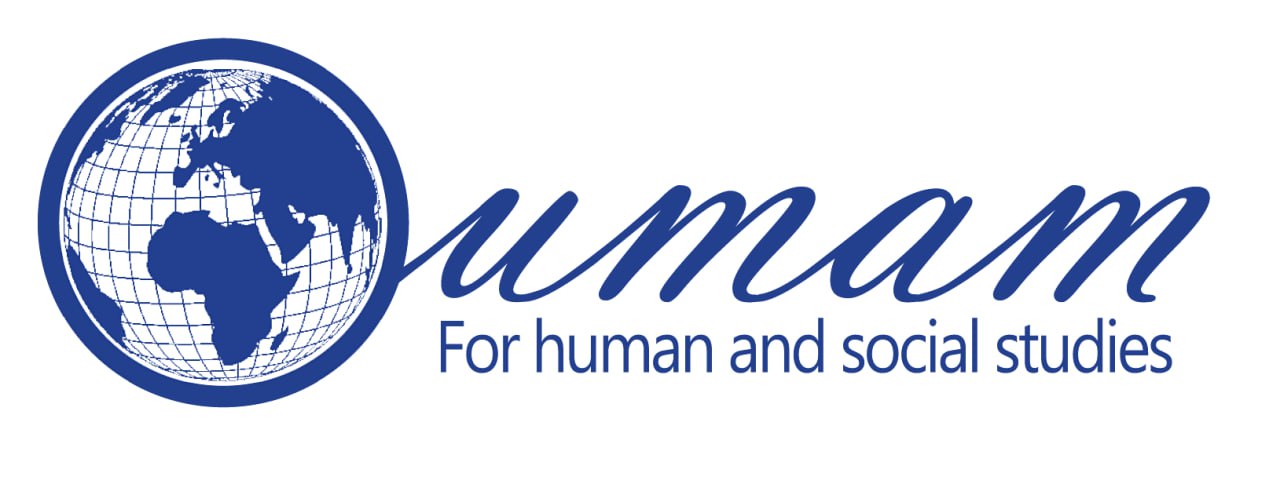This presence obscured
the possibility of achieving acculturation between different cultures,
which might have the same classification rank in the historical trajectory, as the Western model is framed accordingly, giving Western centrality
the guise of cultural racism, rooted in the belief in superiority resulting from European character, Christian doctrine, and Greek ancestry.
This racist perception, which underlies the structure of Western culture, is fueled by European ideology, which emerged during the Renaissance and continues to this day. This ideology tends to create a Western narrative that thrives on continuity and historical extension, severing ties with other cultural influences.
Thus, we find ourselves confronted with an opposing side to this West, namely the East. All of this has created a cultural unity that driven by the racism and the exclusion of those who differ, under the pretext of backwardness. This goes against the core of universalism itself, which is based on the principle of accepting differences, which have been obliterated in favor of modernizing everything in a Western way.




Comments